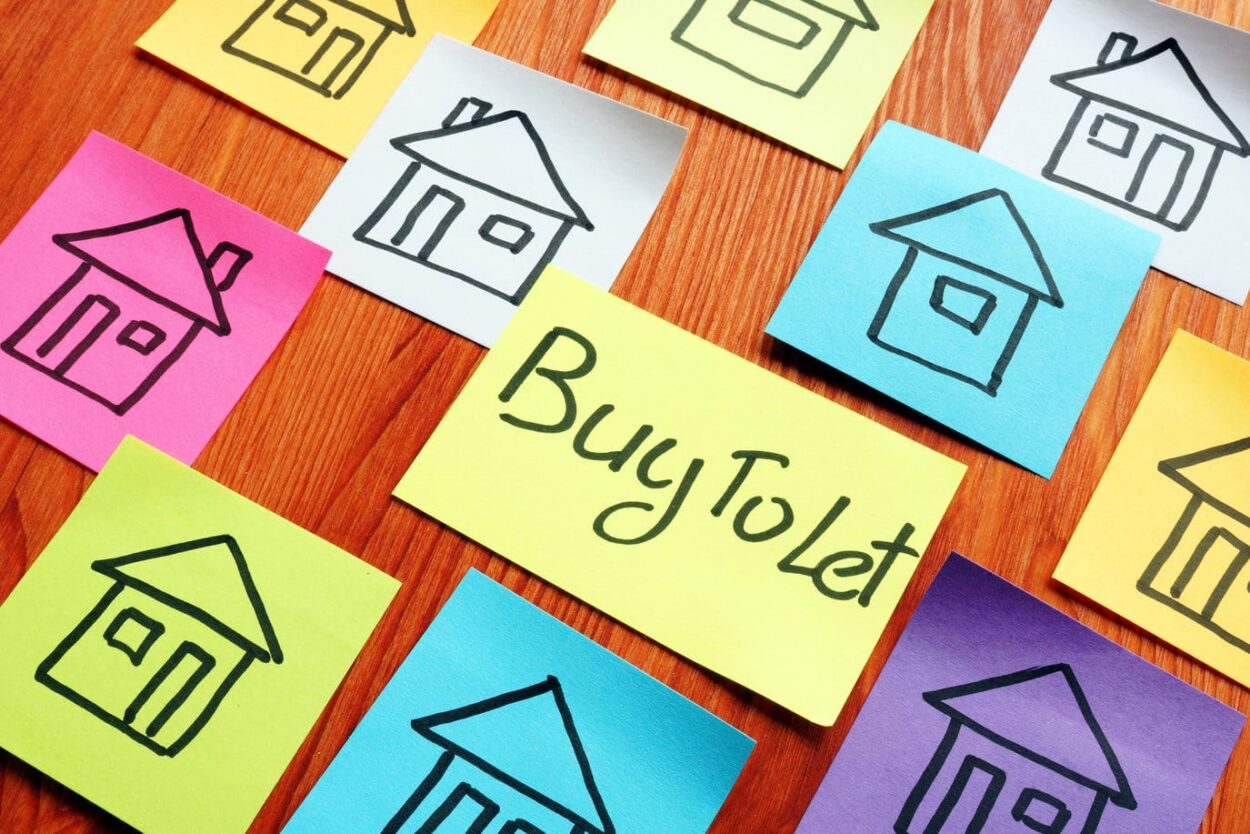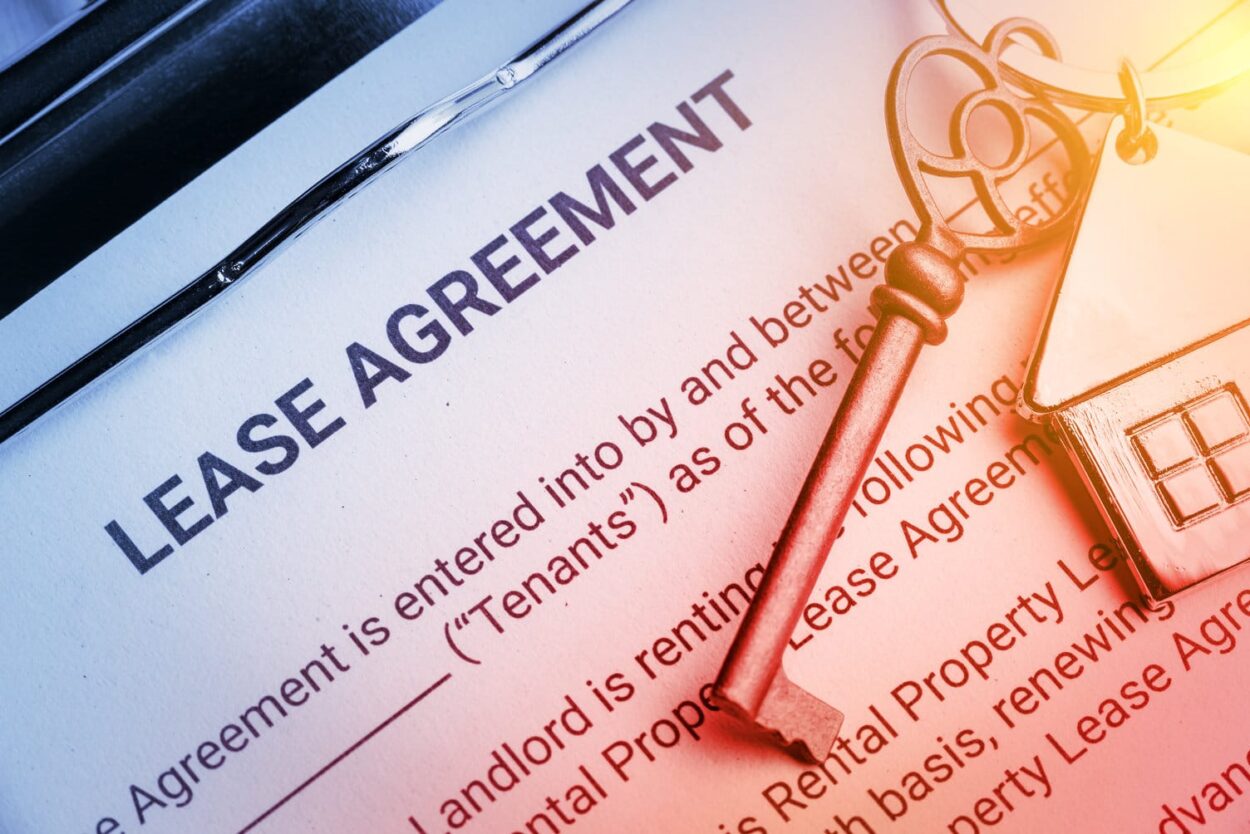Jasmine Birtles
Your money-making expert. Financial journalist, TV and radio personality.

Buy to Let used to be a lucrative way to make passive income as a landlord in the UK. When mortgage rates were low, property owners could rent out their homes for a higher rate than their monthly mortgage payments and take the difference as additional income.
However, the buy to let market looks very different not than it did 5 years ago! Mortgage rates have crept up which means that the profit margins for renting out a home are smaller.
So, it is still a good time to invest in buy to let?
Here’s how to decide if you should invest in buy to let property in 2024.

Before you start looking at investing in a property to rent out, make sure you’re eligible for the financing available.
If you have cash stashed away to buy a property outright, that’s great! The returns on renting it out versus keeping that money in the bank will be huge. Interest rates on savings are beyond shocking right now, so a cash investment in property could be a great way to invest.
However, if you only have enough saved for a deposit, make sure you qualify for a buy to let mortgage before you start looking for property. You’ll need to:
Ticking all of those boxes mean you’re eligible for a buy to let mortgage!
Buy to Let mortgages come in different types, such as trackers and fixed periods. The deals available differ to those on residential mortgages, because being a landlord is a commercial venture.
However, the majority of these mortgages are interest-only. That means you’ll pay only the interest amount each month, and the full lump sum of the mortgage at the end of the term.
Just remember that you’ll need to put aside the rental income each month to save for the final repayment, though. Interest rates on savings are appalling, but you need to ensure you can pay back the mortgage at the end. You can, however, lock your cash away for longer periods – so take advantage of the (ever-so-slightly) higher interest rates on fixed term savings accounts.
It goes without saying that high mortgage rates aren’t great for landlords! High rates make it difficult for buy-to-let ventures to be profitable.
At the moment, the average mortgage rate is 5.89% and the average standard variable rate is a whopping 8.65%! It’s easy to see why landlords are having to up their prices.
Not only do high rates eat into your profits, they also make it more difficult to secure a mortgage in the first place. Now more than ever, it is important to make sure that you are in a financially comfortable position before considering buy to let.
Buying a property to rent out relies on finding tenants! Make sure the area you’re buying in has a high chance of being filled. Property websites like Zoopla and Rightmove often have information like this on property listings. An even split of homeowners/rentals is your best bet: too many rentals means more competition for the market. Too many homeowners suggests it’s an area people prefer to buy in, rather than rent.
Look around at similar properties and their advertised rent. This gives you an idea of what you can charge for the property, and whether that would be a good return on your investment.
Check for amenities and local jobs, too. For example, areas near hospitals, large schools or universities, and near main transport hubs are more likely to fill quickly with tenants than rural properties.

If you can’t find tenants right away, or when your first ones move out, you’re responsible for paying the bills. That includes your mortgage payments, Council Tax, utilities bills, and any leasehold payments.
Can you afford do to this for several months?
You also need to consider what you would do if your tenants suddenly lost their income. Could you provide a rent holiday? It is usually easier to negotiate with existing tenants than to find new ones.
You’ll also need to register for a Self Assessment tax return and file each year. Even if you have a PAYE job, you must fill out the return and declare rental income to HMRC.
Another expensive that often goes overlooked is the cost of fixing damage or replacing broken furniture. As a landlord, you will be responsible for any costs that come with wear and etar. This might mean replacing a fridge fixing a roof or buying a new boiler! This can all be very expensive.
It’s not all doom and gloom, though. A buy-to-let investment now could set you up for an early retirement, or a more secure financial future. You’re buying an asset that can deliver great returns.
What’s more, mortgage rates are rumored to go down in the near future which could make buy-to-let a lucrative venture once again. The price of housing in the UK is predicted to go up which means that homeowners are almost guaranteed to see returns in their investment.
The strongest position to be in is that of someone who can purchase a buy-to-let property outright with cash. We can all dream!
There’s so much to consider when you become a landlord that you need to do your research before committing. Read these articles next to help you decide if it’s the right investment move for you.
*This is not financial or investment advice. Remember to do your own research and speak to a professional advisor before parting with any money.

This is certainly a sure way to get a decent, steady income.